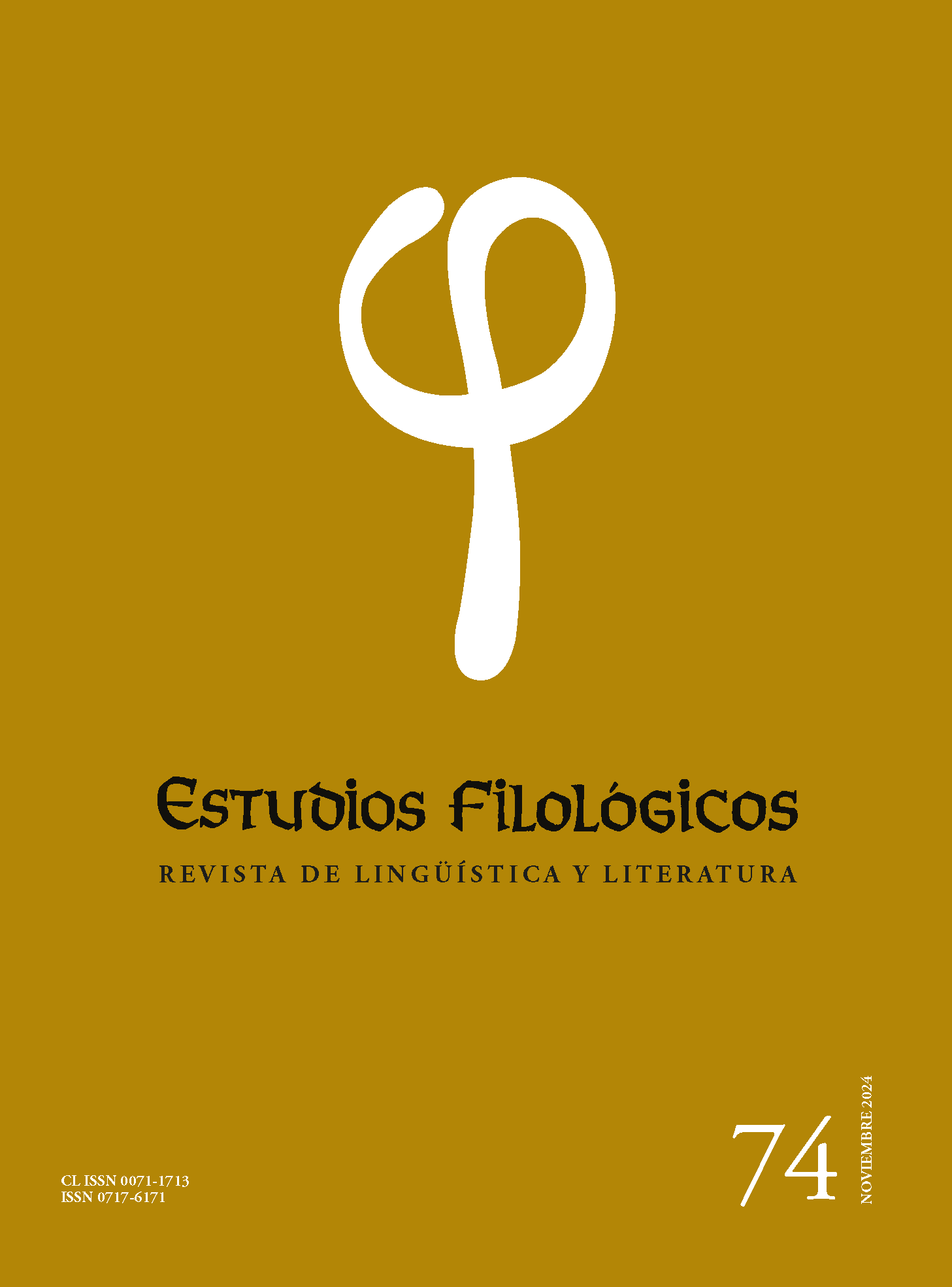Jorge Edwards: a critique of symbolic reason
Main Article Content
Abstract
This article studies the use of symbols and allegories in the works of Jorge Edwards, restricted to a few fictions of his long literary career, and especially present in his novel El Sueño de la Historia [The Dream of History]. The causes of this constant in his literature are justified, and his leading role in this fiction is explained from some theoretical observations of J. Chevalier, J. E. Cirlot and E. Nicol on symbolic language as an attempt to preserve the timelessness of meanings and reduce the creative power of reason and language. In the allegorical interpretation of this novel, the use of binary symbols (architecture/nature, light/shadow, stone-iron/wood, paper/natural elements, north/south) helps to state its proposal to preserve the possibility of a shared narrative of History, and, with it, of a democratic transition that does not call for a total abolition of the past nor a tabula rasa utopia.

